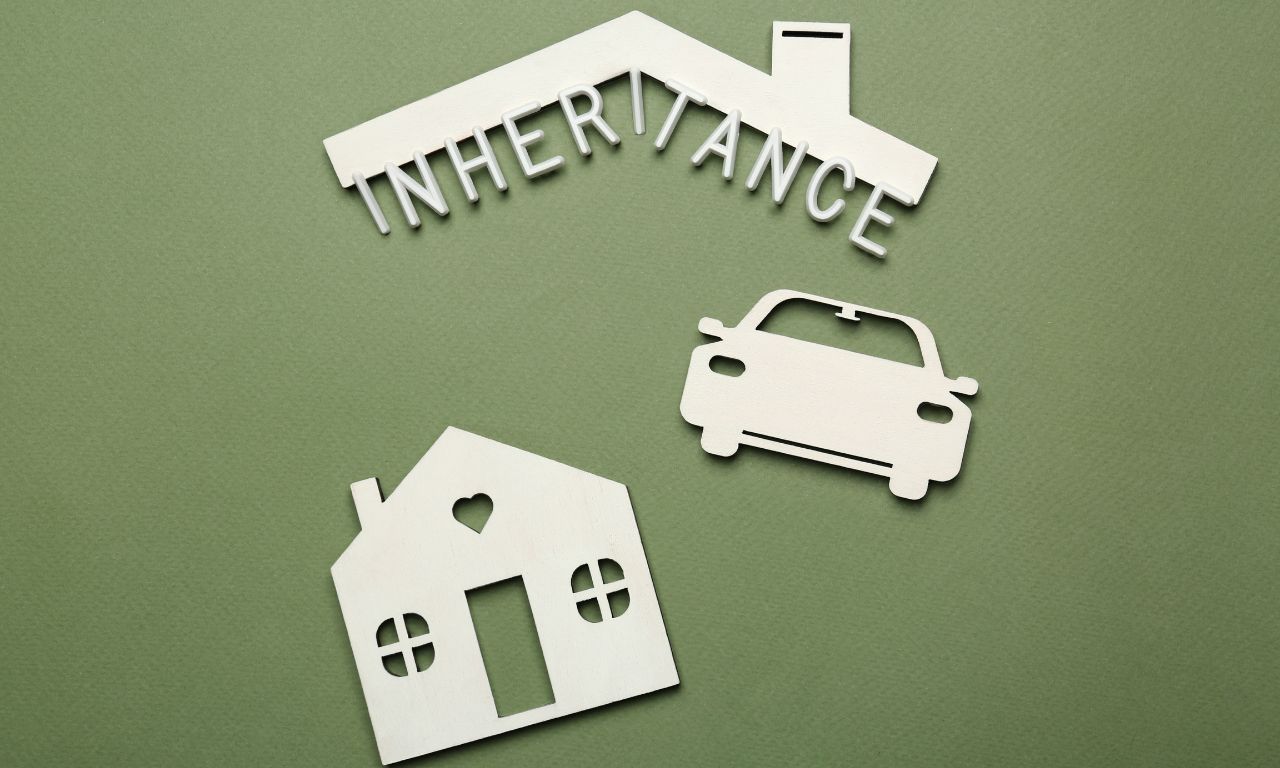Inheritance Distribution When There Are No Children: Understanding Italian Law

Inheritance Distribution When There Are No Children: Understanding Italian Law
The passing of an individual without children raises the question of who will inherit their assets. If there’s a will, following the testator’s wishes resolves the matter, respecting the spousal and parental legitimate shares. Without a will, Article 582 of the civil code dictates the rules for inheritance. In these cases, the law determines the inheritance distribution for a person without children, termed “legal succession.”
This article aims to explore how the estate of a childless individual or one whose children have predeceased is divided.
Inheritance Distribution with a Will
If there’s a will, the inheritance is divided according to the deceased’s last wishes. However, the testator cannot exclude the spouse (even if separated, without fault) or living parents from the estate. The law reserves a minimum share for them, known as the legitimate share. These individuals are referred to as legal heirs.
In the case of legal heirs, the deceased cannot disinherit them (except for unworthiness to inherit) or allocate a share below the legitimate portion. If this were to occur, legal heirs could challenge the will.
This overview provides insights into the legal aspects of inheritance distribution when there are no children involved, offering clarity on the rights and responsibilities of those involved in such circumstances.
VGS Lawyers is a law firm specialised in Inheritance. Should you need assistance please send your enquiry to: info@vgslawyers.com
